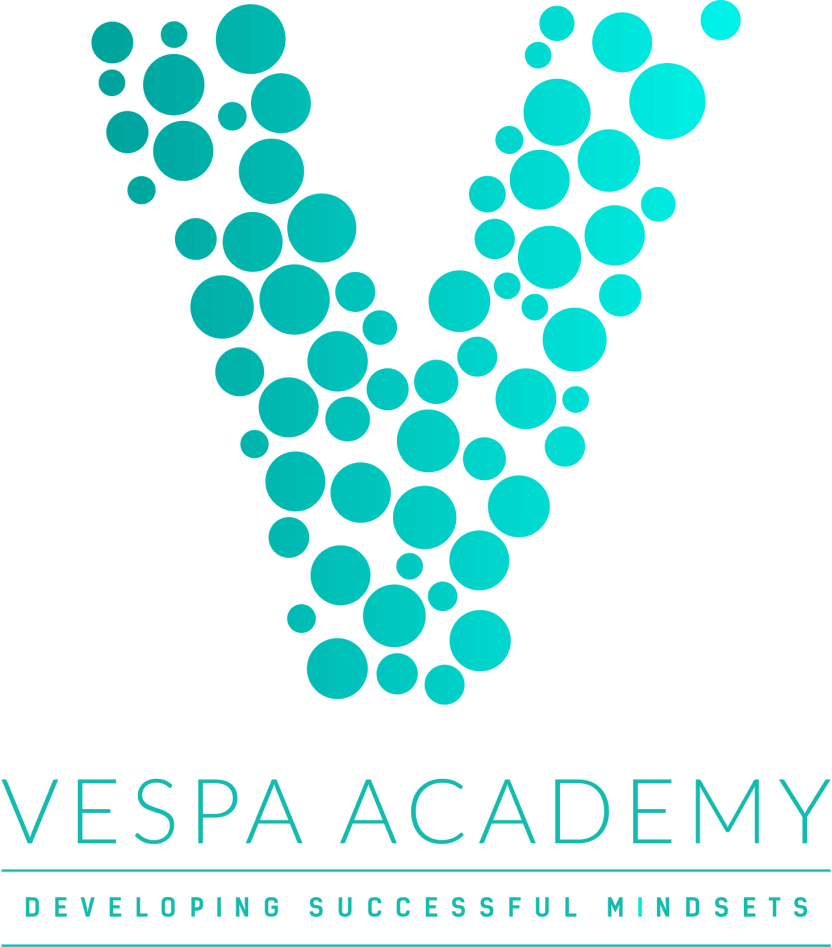The VESPA Model: A Framework for Success
The VESPA model transforms how we approach student development by focusing on five key non-cognitive domains. This framework provides students with explicit awareness of their learning behaviours and empowers them to become active participants in their own educational journey.
Vision
This pillar is about future-mindedness. It helps students create a clear picture of what they want to achieve and why it matters. By developing a strong sense of vision, students can connect their daily actions to their long-term goals, fostering the intrinsic motivation required to persevere through challenges. It's about turning aspirations into an actionable roadmap for the future.
Effort
Effort focuses on building academic resilience and a strong work ethic. We help students understand that achievement is not solely dependent on innate 'ability' but is profoundly influenced by commitment and hard work. This pillar equips students with the strategies to increase their hours of practice and maintain focus, developing the grit needed for sustained academic performance.
Systems
This pillar is about organisation and self-regulation. Students learn to create effective systems for managing their time, resources, and study materials. By developing systematic approaches to learning, they can reduce stress, increase efficiency, and ensure they are fully prepared for assessments. It's the practical architecture of academic success.
Practice
Practice is about embedding habits of deliberate, focused, and purposeful revision. Students learn how to engage in activities that are specifically designed to improve performance. This pillar moves beyond simple repetition, teaching students how to retrieve information, get feedback, and refine their understanding, leading to deeper and more durable learning.
Attitude
Attitude addresses the importance of a growth mindset and academic buoyancy. It's about how students respond to setbacks and view their own potential for improvement. We help foster a mindset where challenges are seen as opportunities for growth, building the self-confidence and emotional resilience necessary to navigate the pressures of academic life.
